The Grand Chamber of the Supreme Court found it incompatible to obtain the status of an attorney for incumbent judges
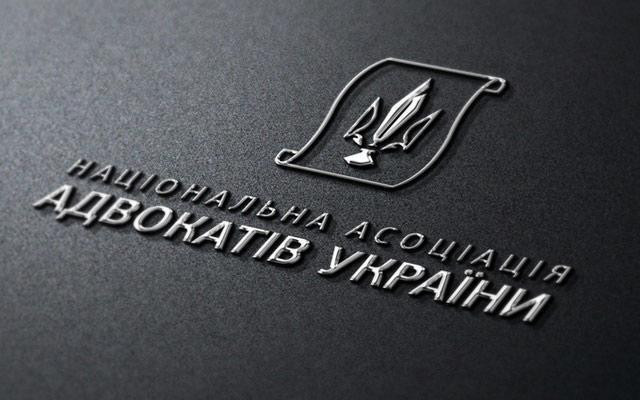
The Grand Chamber of the Supreme Court declared the acquisition of the status of an attorney to be incompatible with the status of a judge. This refers to all stages of admission to the profession, starting with the qualifying exam.
The desire to gain access to the legal profession as a judge does not seem legitimate and contradicts the purpose of anti-corruption legislation. Within the meaning of the provision on the prohibition of advocacy in the Law № 1402-VIII, the purpose of obtaining a certificate of the right to practice law cannot be separated from the desire to provide (paid or unpaid) legal aid. It is for the purpose of practicing law that a person receives a relevant certificate.
Thus, although Laws № 5076-VI and № 1402-VIII do not explicitly prohibit judges from obtaining a certificate of the right to practice law. However, the meaning of the term «attorney» and the mechanism for obtaining such a certificate, as described above, indicate that the process of acquiring the status of an attorney, as well as the legal activity itself, are incompatible with the status of a judge.
The Grand Chamber of the Supreme Court draws attention to the fact that if an attorney is sworn in and a judge receives a certificate of the right to practice law, such person will be subject to two oaths at the same time - a judge`s oath and an attorney`s oath.
"Having received a certificate of the right to practice law, a person who is a judge, in addition to Law № 1402-VIII, falls under Law № 5076-VI, which is unacceptable because it calls into question the independence of these two institutions from each other," - held in the decision of the Supreme Court.
This ruling also explains the incompatibility restrictions imposed on attorneys and how to address them. In particular, Article 7 of Law № 5076-VI sets out a list of restrictions on incompatibility with the activities of an attorney. In particular, it is incompatible with the activity of an attorney to work as a judge in accordance with paragraph 1 of the first part of Article 7 of this Law. Analysis of the concepts of "attorney" and "advocacy" listed in Article 1 of Law № 5076-VI, as well as the content of Articles 4, 6, 19 of this Law shows that the circumstances of incompatibility with the activities of an attorney defined by Article 7 of this Law, arise for persons who have (already received) such status.
"The Grand Chamber of the Supreme Court draws attention to the fact that restrictions and ways to eliminate them are set for persons who already have the status of an attorney and who wish to engage in other (incompatible with the activities of an attorney) activities, and not for representatives of other legal professions who wish to advocacy activities ", - it is emphasized in the position of the Supreme Court.
Considering the decision of the Khmelnytsky Oblast Bar Council on the issuance of a certificate to an incumbent judge, previously revoked regarding the issuance of this certificate, the Supreme Court concluded that it was necessary to repeal the operative part of this decision of the Council of Advocates of the region on reservations decision-making on the circumstances of incompatibility provided for in Article 7 of the Law № 5076-VI. "The Council of Advocates of Khmelnytsky region erroneously believed that "a person in respect of whom there are circumstances of incompatibility, subject to other requirements of the law, may be admitted to the qualifying examination, and if successfully passed may undergo further training…", - as stated in the decision of the Grand Chamber.
Thus, current judges not only cannot obtain certificates and be sworn in by an attorney, but also cannot be admitted to qualifying examinations and internship procedures.
"We thank all members of the Khmelnytsky Region Bar Council for their principledness and consistency, Oksana Kadenko, Khmelnytsky's representative in the Bar Council of Ukraine, and Oleksandr Gotin, the Head of the Ukrainian National Bar Association (hereinafter – the “UNBA”) Committee, for a worthy and highly professional representation of our common interests in the Supreme Court. Yes, thanks to their professional position, this case was referred to the Grand Chamber of the Supreme Court, and the Supreme Court made a fair and balanced decision based on an in-depth analysis," said Valentyn Hvozdyi, Deputy Head of UNBA, the Bar Council of Ukraine. He reminded that the bar had been waiting for a decision in this case since 2018. "This decision is important not only for the bar of Khmelnytsky region. We have all been waiting for its adoption, and in the future, it will become an important guide for strict compliance with the law when exercising access to the legal profession", - added Valentyn Hvozdiy.
Popular news
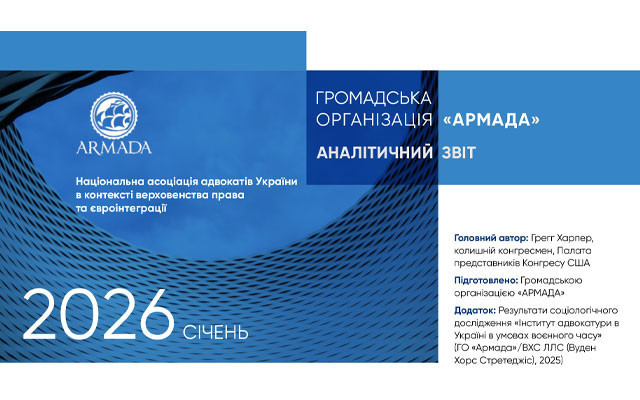
European integration
A translation of the report on advocacy presented to the European Parliament has been published
A translation of a research report on the Ukrainian advocacy profession in wartime, previously presented to the European Parliament in Brussels, has been published. The document is presented as a basis for discussion on the rule of law, Ukraine's European integration aspirations, and countering Russian disinformation in the legal sphere.
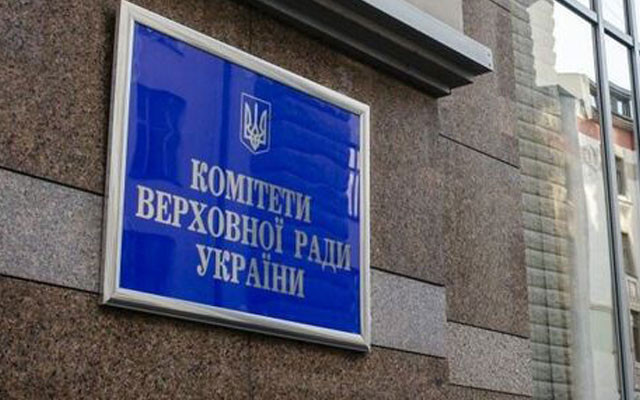
Legislation
The Verkhovna Rada Committee criticized the format of the government working group on advocacy
The implementation of the Roadmap on the rule of law (approved by Cabinet of Ministers Resolution No. 475-r of May 14, 2025) in relation to advocacy raises the practical question of who exactly should prepare legislative changes and how.
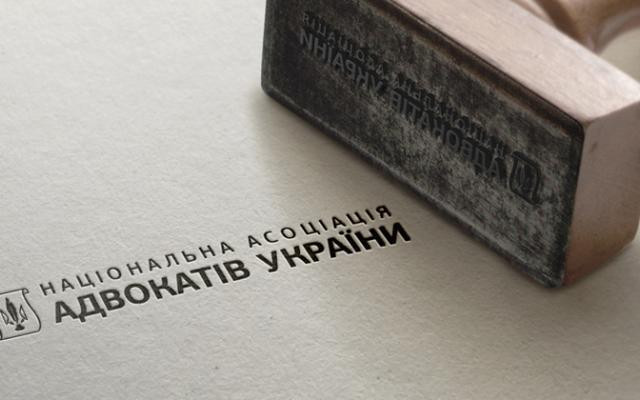
Self-government
The BCU demands a review of the composition of the government working group on reforming the advocacy profession
The President of the UNBA, BCU Lidiya Izovitova, appealed to the Cabinet of Ministers of Ukraine to review the composition of the working group on improving legislation in the field of advocacy and legal practice.
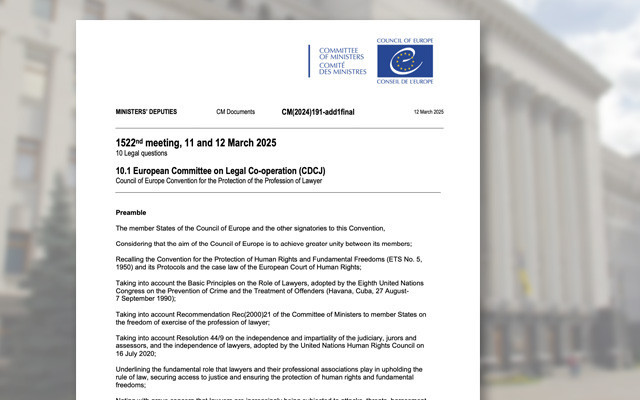
Guarantees of the practice of law
The President has determined, who will sign the Convention for the Protection of the Profession of Lawyer
President of Ukraine Volodymyr Zelenskyy authorized Ukraine's Permanent Representative to the Council of Europe Mykola Tochytskyi to sign the Council of Europe Convention for the Protection of the Profession of Lawyer.

Discussion
Why lowering the age of marriage lacks legal logic
Although until 2012 there was a provision in family law that allowed children to marry from the age of 14 under certain circumstances, its return to Ukrainian law would contradict international obligations and the logic of criminal law.
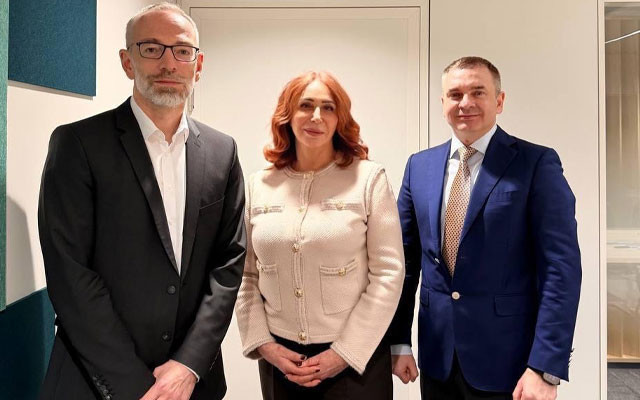
European integration
Open dialogue between the UNBA and the European Commission on the path to EU
The Ukrainian National Bar Association held a working meeting in Brussels with Mr Wolfgang Nozar, Head of Unit for Governance, Rule of Law and Financial Assistance, Directorate-General for Enlargement and Eastern Neighbourhood (DG ENEST), European Commission.

Self-government
A report on Ukrainian advocacy was presented in the European Parliament
Can a shadow report on advocacy replace the political framework of the Roadmap on the rule of law with demands for the restructuring of self-government? Where is the line between accountability and the seizure of institutions? And how can we respond to narratives with data rather than impressions?
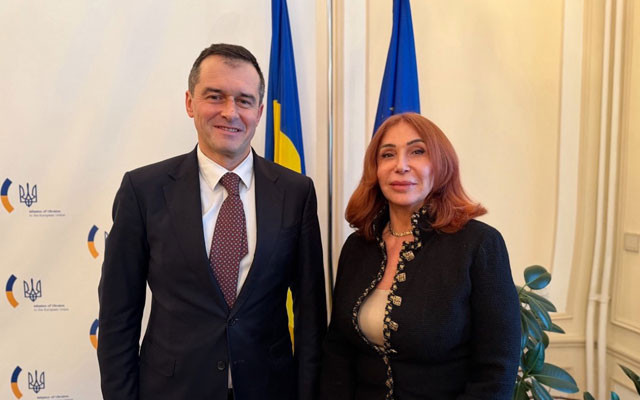
European integration
UNBA and Ukraine's representation to the EU have synchronized their priorities
On February 5, in Brussels, the President of the UNBA, BCU Lidiya Izovitova held a working meeting with the Ambassador Extraordinary and Plenipotentiary of Ukraine, Representative of Ukraine to the European Union Vsevolod Chentsov.
Publications

Volodymyr Matsko Extradition as a systemic form of rights violations

Victoria Yakusha, Law and Business The anti-corruption vertical cannot «take care» of the Bar as an institution, - acting head of the HQDCB

Censor.net Protecting advocates – protecting justice: addressing concerns about the new law

Ihor Kolesnykov A BRIEF SUMMARY REGARDING THE APPLICATION OF THE ORDER ON EXTENDED CONFISCATION IN LATVIA REGARDING FINANCIAL ASSETS OF…

Valentyn Gvozdiy WORKING IN A WAR ZONE

Lydia Izovitova Formula of perfection

Sergiy Vylkov Our judicial system is so built that courts do not trust advocates

Iryna Vasylyk Advocacy in the proclamation of Independence of Ukraine
